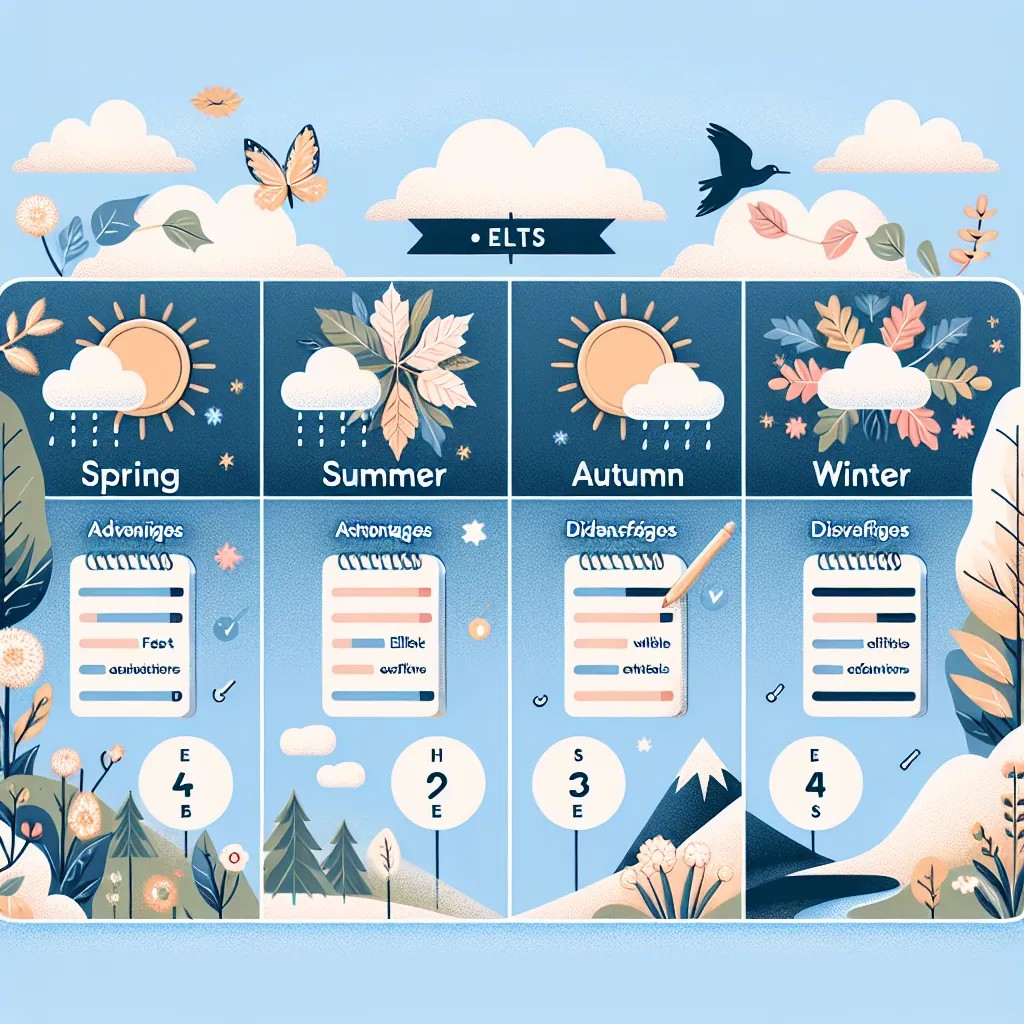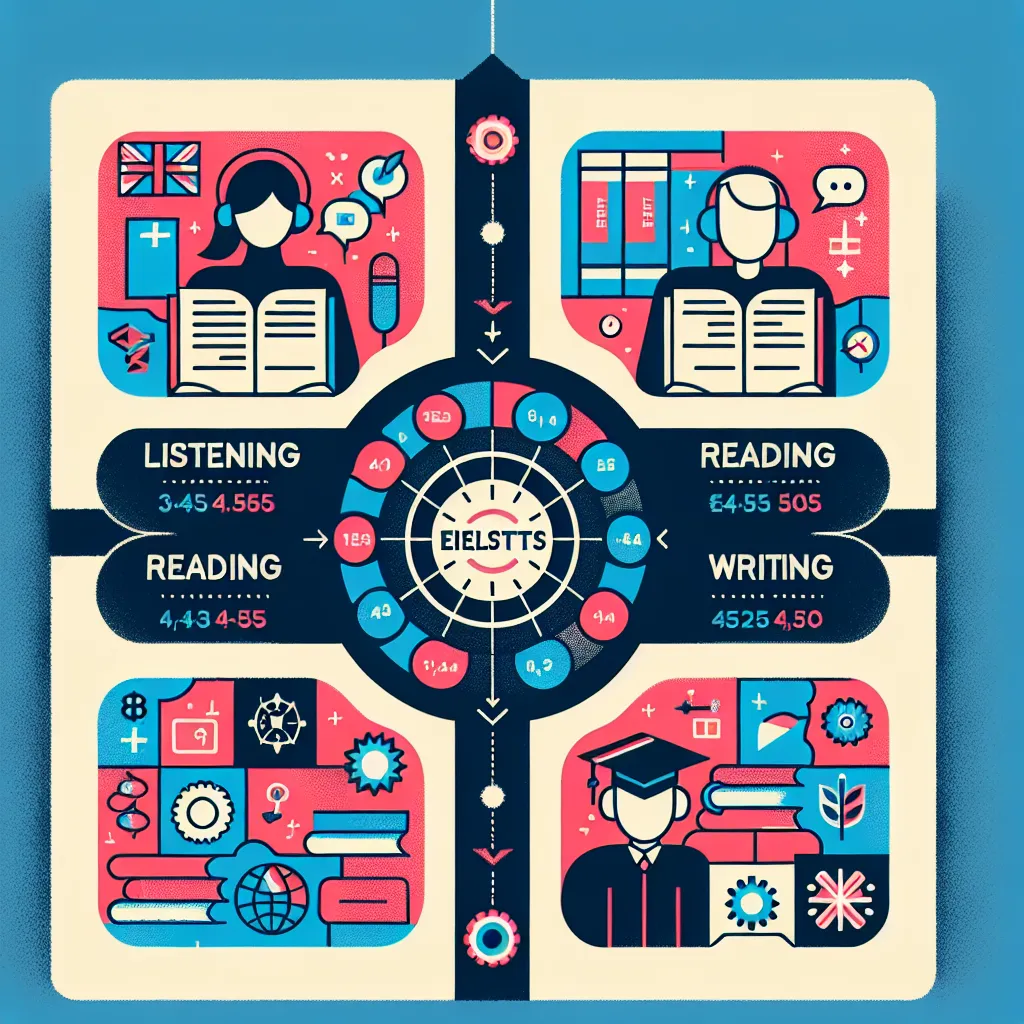Choosing the right time to take the IELTS test can significantly impact your performance and overall score. As an experienced IELTS instructor, I’ve guided countless students through this crucial decision. In this comprehensive guide, we’ll explore the factors that determine the best time to take your IELTS exam and provide valuable insights to help you make an informed choice.
Understanding the Importance of Timing
The timing of your IELTS test can play a pivotal role in your success. It’s not just about picking a random date; it’s about aligning your preparation, personal circumstances, and goals to maximize your performance.
Factors Affecting Test Timing
- Preparation Level: Your readiness is the most critical factor in determining when to take the test.
- Personal Schedule: Consider your work, study, or other commitments.
- University or Visa Deadlines: Be aware of any application deadlines you need to meet.
- Test Center Availability: Popular dates can fill up quickly, especially in busy periods.
- Peak Performance Time: Consider when you’re typically at your best mentally and physically.
 IELTS Test Preparation
IELTS Test Preparation
Best Times to Take the IELTS Test
1. After Thorough Preparation
The ideal time to take the IELTS is when you feel fully prepared. This typically means:
- You’ve completed a comprehensive IELTS preparation course or self-study program.
- You’re consistently scoring at or above your target band in practice tests.
- You feel confident in all four test components: Listening, Reading, Writing, and Speaking.
2. During Academic Breaks
For students, taking the IELTS during academic breaks can be advantageous:
- Summer holidays offer extended periods for focused study.
- Winter breaks provide a good opportunity if you’re applying for fall admissions.
- Spring breaks can be suitable for those targeting summer or fall intakes.
3. When You’re at Peak Mental Performance
Consider your personal circadian rhythms:
- If you’re a morning person, opt for earlier test slots.
- Night owls might perform better in afternoon sessions.
- Avoid scheduling the test during periods of high stress or when you’re likely to be fatigued.
4. Aligning with Application Deadlines
Plan backwards from your application deadlines:
- Universities often require IELTS scores several months before the start of the academic year.
- Visa applications may have specific IELTS score validity requirements.
- Allow time for potential retakes if needed.
Seasons and IELTS Test-Taking
Different seasons can affect your IELTS experience:
Spring (March to May)
- Pros: Good weather conditions, less likely to be affected by seasonal illnesses.
- Cons: Can be busy with academic commitments for students.
Summer (June to August)
- Pros: Extended study time for students, generally good weather.
- Cons: Popular time, test centers may be busier.
Fall (September to November)
- Pros: Ideal for those applying for spring university intakes.
- Cons: Can coincide with the start of academic years, potentially adding stress.
Winter (December to February)
- Pros: Good for those targeting fall university admissions.
- Cons: Holiday seasons can disrupt study schedules, potential for weather-related issues.
 IELTS Test Seasons
IELTS Test Seasons
Important Considerations
1. Test Center Availability
- Book your test well in advance, especially during peak seasons.
- Consider less popular test dates to ensure availability.
2. Personal Readiness
- Don’t rush into the test if you don’t feel prepared.
- Regular practice tests can help gauge your readiness.
3. Retake Policy
- Remember that you can retake the IELTS, but there’s usually a waiting period.
- Factor in potential retake time when planning your test date.
4. Test Format Preference
- Consider whether you prefer the paper-based or computer-delivered IELTS.
- Availability of these formats may vary depending on the test center and date.
Next Steps After Deciding Your Test Date
- Register for the Test: Once you’ve chosen your ideal date, register as soon as possible to secure your spot.
- Create a Study Schedule: Tailor your preparation to the time remaining before your test date.
- Practice Regularly: Use official IELTS practice materials to familiarize yourself with the test format.
- Focus on Weak Areas: Identify and work on improving your weaker skills.
- Simulate Test Conditions: Take full-length practice tests under timed conditions to build stamina and confidence.
Conclusion
Choosing the best time to take your IELTS test is a personal decision that depends on various factors. By considering your preparation level, personal circumstances, and application deadlines, you can select a date that sets you up for success. Remember, the key to IELTS success lies not just in when you take the test, but in how well you prepare for it. With thorough preparation and strategic timing, you’ll be well-positioned to achieve your desired IELTS score.
We encourage you to share your thoughts and experiences about IELTS test timing in the comments below. For more IELTS preparation tips and resources, be sure to check out our other articles on LearnEnglish.NET.




